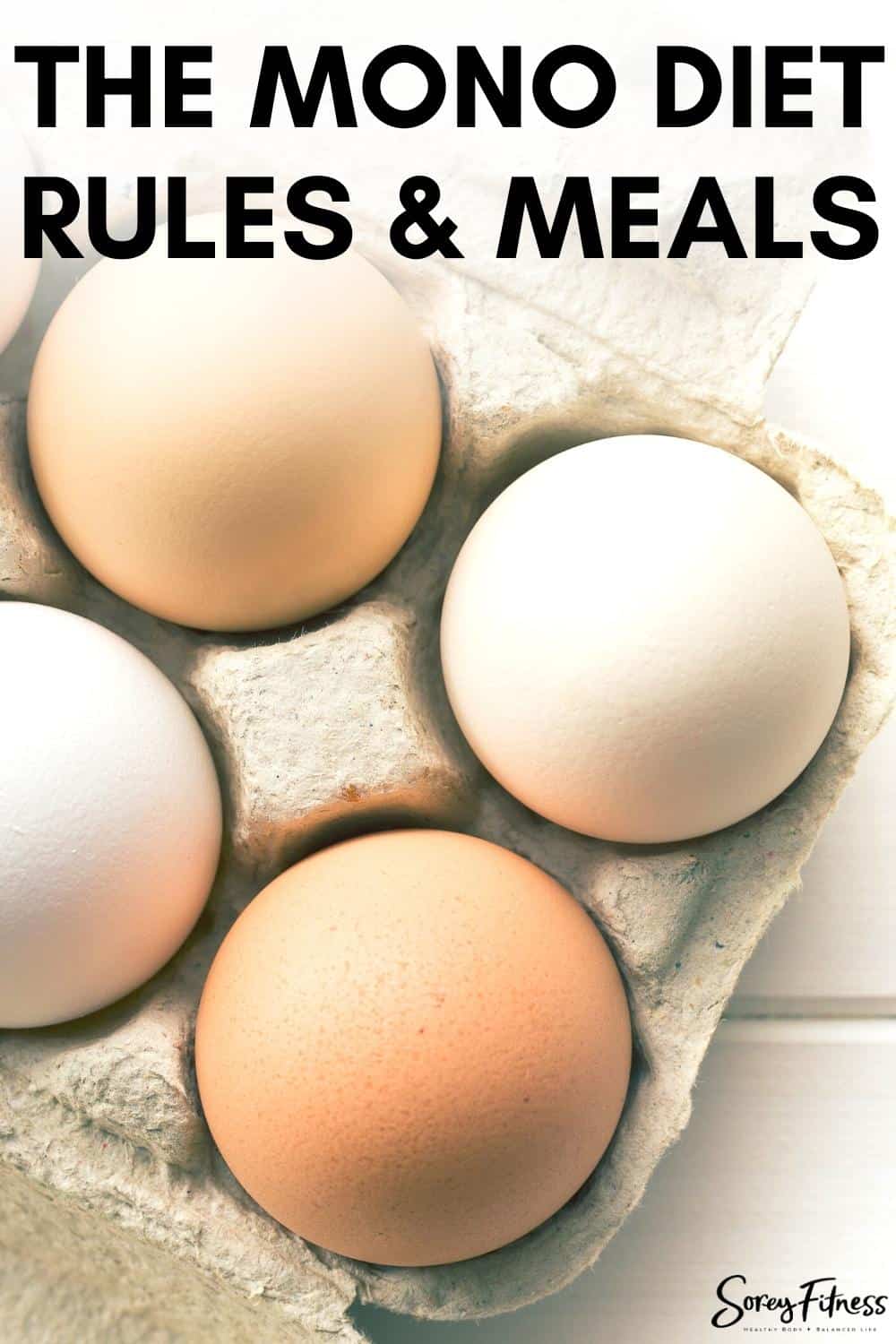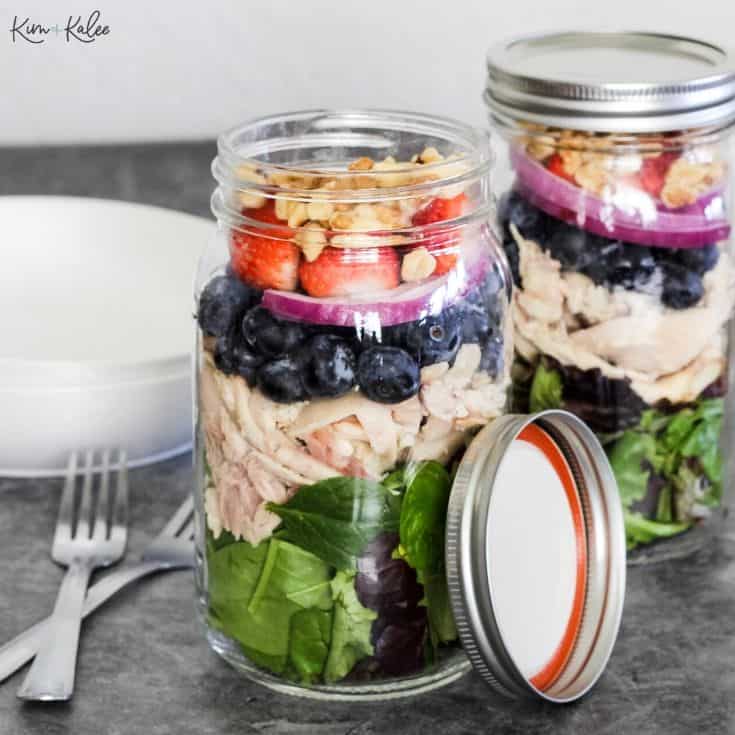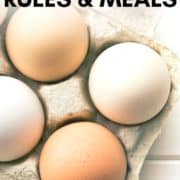The Mono Diet: What You Need to Know
This post may contain affiliate links. All opinions shared are my own. As an Amazon Associate I earn from qualifying purchases. Click to view our full disclosure.
All content is created by humans – not AI.
If you’re searching for a simple plan that doesn’t take much planning or effort, you’ve probably ran across the Mono Diet. With this diet, you eat just one food or food group for several days or weeks in a row. The diet can often help you lose weight fast without the need to track your meals or plan your menu in advance. But is is safe? Keep reading to find out everything you need to know about this diet fad.

What is the Mono Diet?
The mono diet is based on a very simple concept – you eat one type of food or food group for days or weeks in a row. This cuts down on your food intake and calories consumed and consequently you lose weight. However, it’s considered an unhealthy, crash diet and isn’t sustainable long-term.
There are a few different ways you can follow the diet according your own preference and goals.
Mono Diet Rules
- Eat a single food item for each meal. To follow this method of mono dieting, pick a different food item, like apples or eggs, and eat that single item for each meal. The food can be cooked or prepared in different ways, but each meal must be made up of that single food.
- Eat food from a single food group. Instead of sticking to a single food item, you can expand your menu to include foods from a specific food group. Simply select a food group, like meat or fruit, and compose each meal of foods only from that food group.
- Make mono meals. Another way to implement the diet plan involves switching between mono meals, allowing you to eat a different single food item for each meal.
The key to the mono diet is that it’s short-lived. Most dieters stick to the plan for one or two weeks at a time to ramp up weight loss, then transition to a healthy, more balanced diet. During the transition, you can gradually reintroduce food items or other food groups into your diet.

What can I eat on the Mono Diet?
Any food can be eaten on the mono diet. But it’s important to consider the type of food you chose as your single item to ensure you stay full and satisfied.
There are a few common food items that many dieters choose to eat on the mono diet, including:
- Potatoes
- Apples
- Eggs
- Milk
- Bananas
- Pears
- Watermelon
- Chocolate
- Grapefruit
In addition to eating a single food each day, you can also choose to enjoy a single food group for each meal.
When picking a food group, mono dieters typically choose between:
- Meats
- Fruits
- Vegetables
- Legumes
What are Mono Meals?
Mono meals are a variation on the mono diet, allowing you to eat a single food item for each meal, but changing the foods you eat for your meal throughout the day. Instead of consuming the same food item for every meal of the day, you can eat a different food for each meal, as long as you stick to one food per meal.
Can I lose weight on the Mono Diet?
Since you’ll be severely limiting your food intake while on the mono diet, you are likely to lose weight quickly. But the amount of weight you lose will often depend on the type of food you’re consuming and how often you eat.
If the food you enjoy while on the mono diet is low-calorie, low carb like vegetables or lean proteins, the diet will be more likely to lead to weight loss than eating starchy foods like potatoes for each meal.
Another factor to consider when wondering if you can lose eight on the mono diet is whether you’ll be able to keep that weight off when you transition away from your mono meals.

Mono Diet Risks & Why You Shouldn’t Do It
Although the mono diet may be a quick and easy way to lose weight, there are some risks to consider before starting. Think about these risks and side effects to help you decide if the benefits outweigh the negative aspects of the mono diet:
- Risk of nutritional deficiencies. One of the biggest drawbacks of this diet is that you’ll only be eating one food for an extended period of time. That means you may not receive the vitamins and nutrients your body needs to sustain itself, which leads to a lowered immune system that makes you more susceptible to disease, bone loss, and digestive issues.
- The restrictive nature is unsustainable. Take a minute to think about how it will feel to eat the exact same food every day for every meal. How long do you think you could sustain that type of diet before going off the rails? On top of the increased risk of overeating after transitioning away from the mono diet, the time you spend restricting your food can cause internal damage, like muscle and bone loss.
- Promotes unhealthy habits. When you’re forced to eat one single item for each meal, you’re not learning good eating habits. And if overeating and yo-yo dieting is an issue for you, this type of fad diet could lead to bigger issues down the road. Instead of a restrictive diet, many health professionals advise sticking to a well-rounded diet and regular exercise to promote weight loss.

Alternatives to the Mono Diet
We put together a few guides to help you find the best eating plan for your goals!






